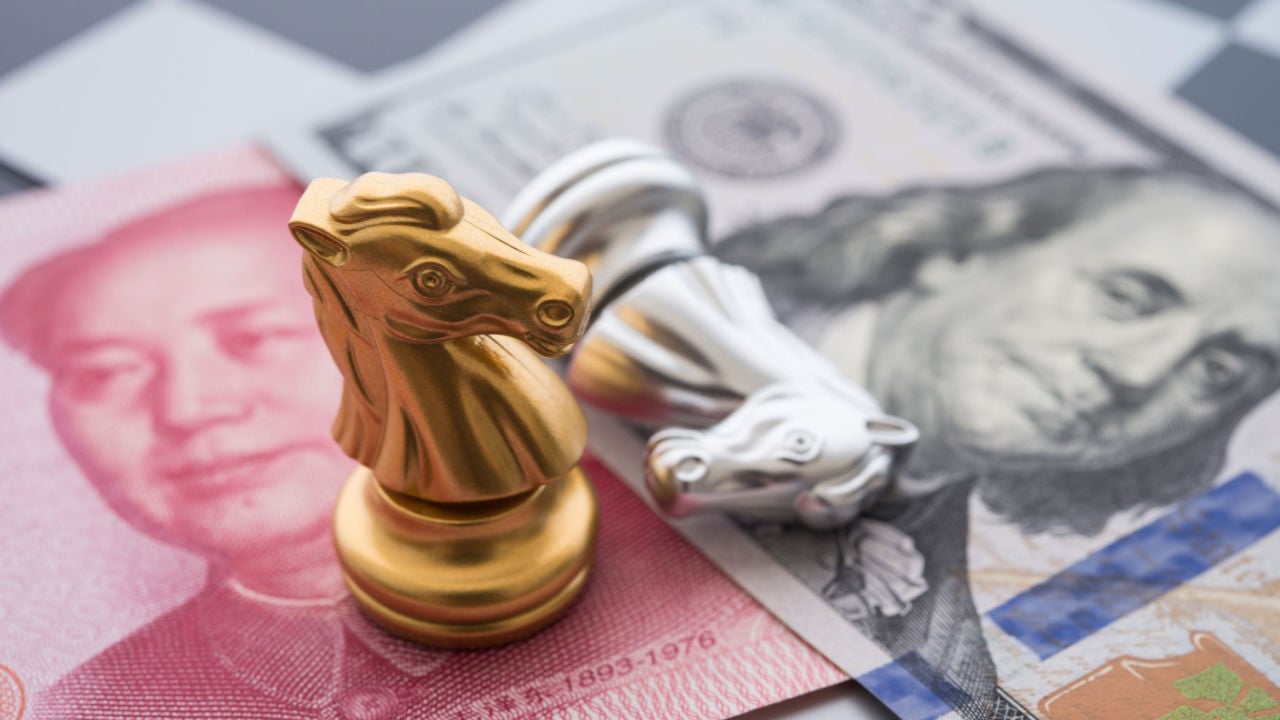
China has set a goal of positioning the renminbi as an international payment instrument to replace the U.S. dollar. The Chinese government recently signed a bilateral agreement with Brazil to settle trade in its currency and completed a RMB liquefied natural gas (LNG) purchase with a French company.
China, Brazil, and France promote de-dollarization activities
China has positioned its own fiat currency, the renminbi, as an alternative to the US dollar in international payments. The Chinese government recently achieved two milestones in this regard. It signed a bilateral agreement with Brazil that allows both countries to settle in their own currencies.
The Brazil-China agreement allows both countries to exchange goods using the Chinese renminbi and the Brazilian real. According to the Brazilian Trade and Investment Promotion Agency, the agreement is expected to facilitate trade between the two countries, reduce costs, further expand bilateral trade, and promote investment.
Bilateral trade between China and Brazil will hit the $150 billion mark in 2022, with China being Brazil’s largest partner.
Negotiations for LNG imports were held between CNOOC and France’s Total Energy to purchase 65,000 tons. The deal took place on the Shanghai Oil and Natural Gas Exchange, which was responsible for selling the Arabian LNG.
Chinese oil companies have commented on their innovative approach to pricing and settlement, with Yu Jin, Deputy General Manager of CNOOC, saying:
The promotion of international resource procurement based on RMB settlement will facilitate the globalization of energy trading and build a more diverse ecology.
China’s CBDC, said to hold the key to increasing RMB use
The Chinese government has recently made great strides in promoting the yuan as an alternative to the dollar for some payments, including Russia’s commitment to use the yuan for payments with emerging economies and other countries, but analysts believe that full adoption of the yuan will require the implementation of a series of new policies.
Professor Zhu Jiandong, an expert on U.S.-China trade friction, proposed a progressive tax on cross-border capital flows to protect the country against external risks. In this regard, Jiandong explained that
such a policy design would be like putting up a firewall, thus resolving the dilemma between capital account liberalization and RMB convertibility.
Although the use of Chinese yuan in global payments is still small














